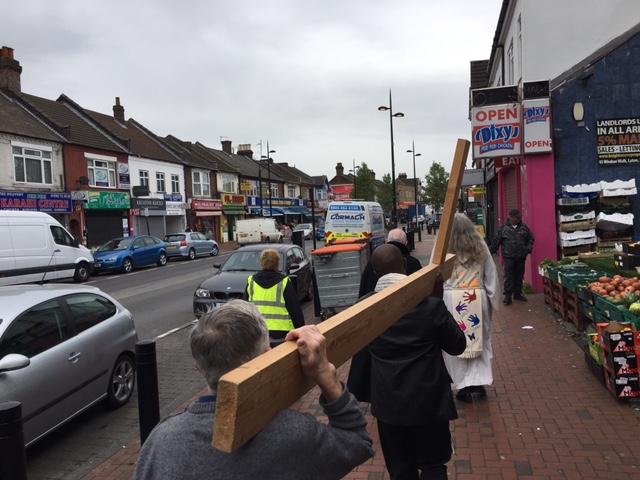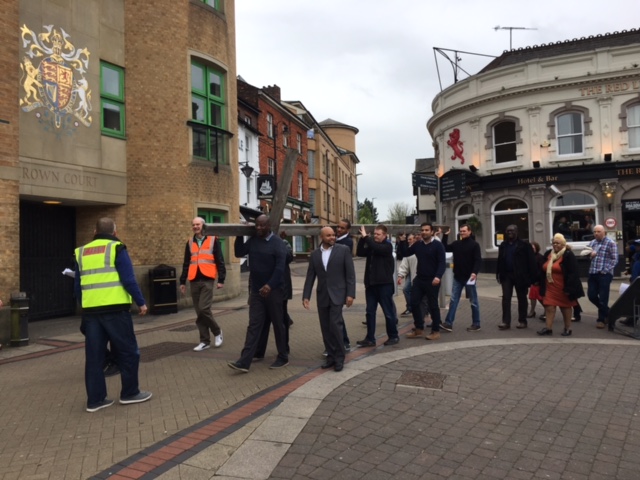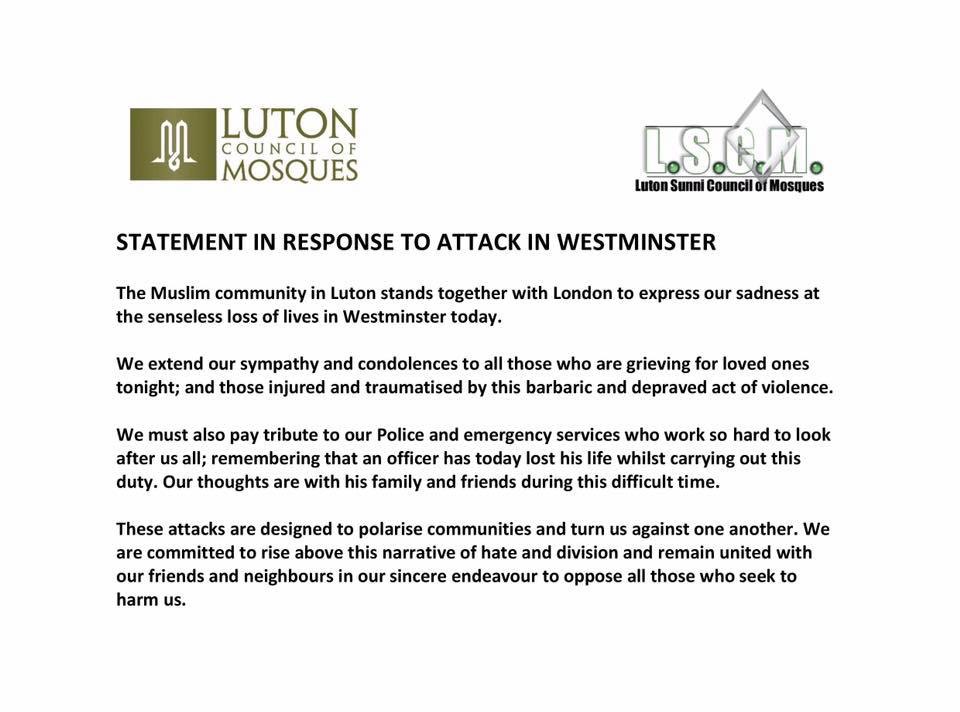Yesterday a letter was sent to the Charity Commissioners in regard to safeguarding failure in the Church of England. The authors asked the Commission to investigate the Archbishops Council’s handling of safeguarding. The letter can be found in a number of places, including a Change.org petition here. and on Archbishop Cranmer’s blog.
There is a response to the letter from the Lead Bishop for Safeguarding here.
While I am deeply concerned at progress on these issues, and was asked to sign I felt the action to be premature. Now that the letter is public I have responded to it here in an open letter to the Archbishop’s Council asking for urgent action.
concerning the recent letter to the Charity Commission over safeguarding in the Church of England safeguarding and operation of core groups
Your Graces and colleagues,
I write to express deep concern at what seems to be an escalating issue regarding past safeguarding failures, and especially the operation of Core Groups by the National Safeguarding Team. I share many concerns expressed by the authors of the letter, however felt the letter to be unhelpful in distracting you and the Archbishops Council from effectively acting to deal with the issues in hand. On that basis I chose not to sign that letter, but to write to urge the council and its staff to make urgent progress on these matters.
As a contributor to the debate at Synod when we met in February, having proposed an amendment that preceded that which eventually passed, and a voice on this issue in the synod chamber several over the past two years, I left the debate then hopeful of progress. We had a motion unanimously agreed and providing real direction for action, especially towards survivors; and we would have opportunity to speak to the issue further in response to the final IICSA report. Further, the appointment of a new lead Bishop for Safeguarding would bring new focus and energy to the enormous task at hand.
The refocusing of much leadership time and effort towards the COVID pandemic, resultant lockdown and its consequences has been necessary, if from the safeguarding perspective most unfortunate. As Lay chair for my diocese I have seen something of the huge amount of time invested in refocusing the church’s efforts for this season and the nations recovery. I and so many are deeply grateful for yours and the council and it’s staff’s leadership and hard work in this time.
However for many the delay in engagement with the task set before you by synod in February is very much a case, to quote the Book of Proverbs, of “Hope deferred makes the heart sick.” Among the signatories of the letter to the Charity Commission are nine identified survivors of sexual abuse in the church, and a considerable number who have worked closely with them and others. The letter though long and detailed has, in my reading, a simple message behind it, “Get on with it!” We committed in February to a survivor centred approach, necessary to rebuild trust in the church’s handling of sexual abuse. The glimmer of hope, emerging through a deep scepticism, that we saw in February has, to be very honest, been exhausted.
There is another general message to me. It is this. The work of the NST, and in particular its operation of core groups, is clouded in secrecy and a lack of accountability. The many members of synod signing the letter to the Charity Commission are right in their identification of what seems to be “the selective use of arbitrary unaccountable power, concentrating effective control of process in the hands of a very few, who exercise wide-ranging discretions afforded by guidelines devised by Church House administrators and issued by the House of Bishops.” In a supplementary to my question to the Lead Bishop at the meeting of members of synod a month ago I suggested that trust might be enhanced and the working of the NST “made more accountable to synod by some form of synod representation on the NSSG or NSP ..” I would echo that call again now.
The are many details in the letter about which I will not venture an opinion. That is not however to undermine their importance. In my mind the solution of them is contingent on the two points above being addressed. I would simply note the irony in the fact that it has taken the alleged wrongful use of procedures in high profile cases to move us to action on the suffering of what some would describe as “ordinary church members.”
I suggested to the authors when I saw the letter that escalating the issue to the Charity Commissioners was understandable if perhaps a little premature. My hesitation was essentially because I still believe the church, with the help of IICSA and the statutory agencies, is capable of bringing the change it needs. Change is after all our core business as church. And change, based on the recognition of sin, repentance and restorative justice were at the heart of our February motion. .
While the letter is now sent, my plea to you as a council is this. If the charity commission decide to investigate it will inevitably involve more work. Hopefully they will substantially seek to use the final IICSA report - which we already committed in February to doing. However trust in our ability to respond speedily and fully to that in due time must surely lie in our response to the recommendation of the interim IICSA report, to which we committed, and to the synod motion.
The Lead Safeguarding Bishop’s statement yesterday indicates to me a trajectory that is hopeful. However the body of work required must be evidenced to rebuild trust. Can I please urge you to make that a top priority. The second will be to bring some closure to our many survivors still awaiting meaningful redress.
My sincere regards and best wishes
Canon Peter Adams
St Albans Diocese, 392
That’s my letter. Let me be clear. While I do not believe this to have been a helpful move, I understand why it was made. The cry of the heart in the Change.org petition, titled Micah 6.8 Initiative is deep and real:
We are calling this the Micah6:8 Initiative because the Church of England fails to do justice, lacks mercy, and shows precious little humility when the problems are brought to its attention.
Justice, Mercy and not least Humility are deeply needed. Not lawyers and reputation management. I just do not feel the Charity Commission will help us.
(I have written on sexual abuse in the church on many occasions. A list of my posts is here. At the heart of my thinking on this issue is the Biblical story recounting the sexual abuse of Tamar by her half brother, and the way it was dealt with. )












